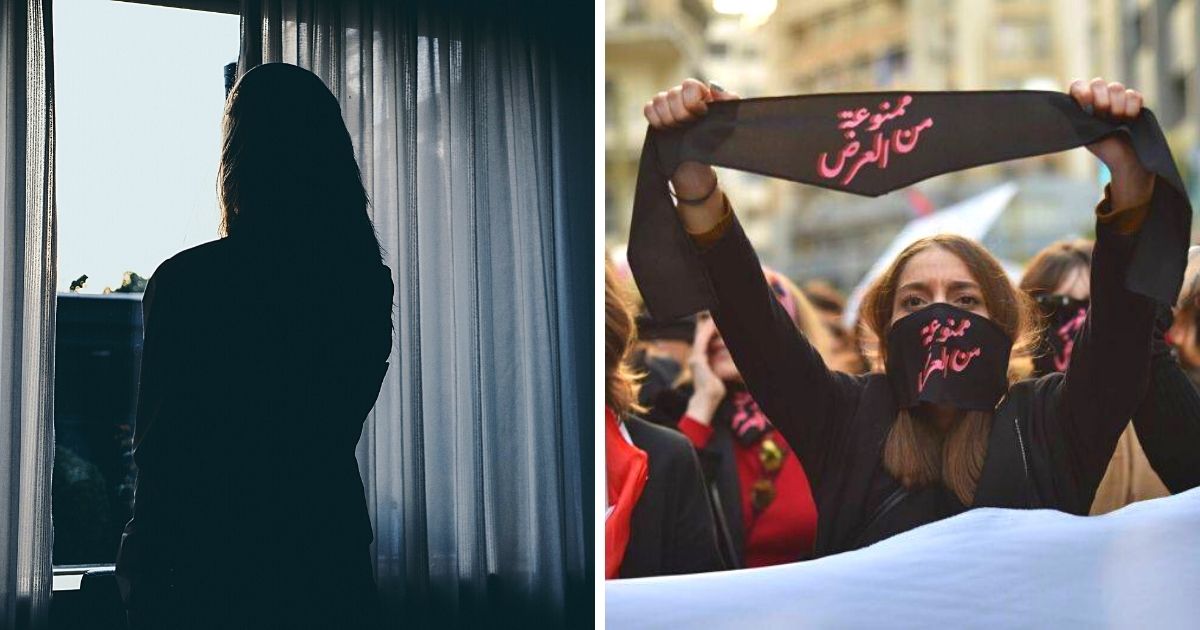It has become a known reality that public pressure in Lebanon can get the authorities to ban the streaming of a Disney movie but cannot get them to stop the immediate danger of exposed sexual harassers.
Claims and complaints have amounted to dozens, and even over a hundred against one particular individual like in the notorious case of Marwan Habib, but these perpetrators are still left to their undue freedom to continue their wickedness against women in society.
Somehow, protecting women against sexual harassment at work or in universities, or in any other place in Lebanon is subject to debate or disregard, and this is despite the long-existing characteristic of the Lebanese culture to be overprotective towards women.
However, this is not evident when it comes to stopping and penalizing sexual harassers.
There have been campaigns by the Internal Security Forces (ISF) on cyber harassment and sexual blackmailing, and also campaigns of awareness by NGOs, including about street harassment and how to deal with them.
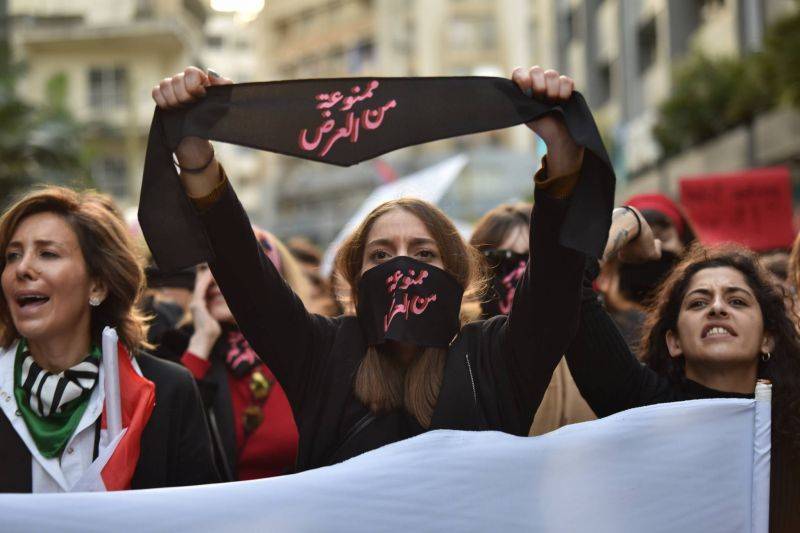
Yet the problem is not effectively dealt with by the authorities, not even when it is as obvious as sexual harassers exposed by the public and/or the victims.
Organizations could continue raising awareness but women can’t deal with sexual harassment on their own without the authorities taking swift action and the “danger” itself being contained.
That negligence or disregard has been encouraging perpetrators to continue with their revolting deeds, even feeling entitled to cross the line since no one is stopping them.
That was appallingly witnessed in the case of Marwan Habib: Over a hundred complaints recorded by the lawyer suing him, and over three years of being exposed by the public and victims, and he still roamed free.
He continued preying on women until he was arrested, charged, and jailed in the United States in January of this year, not for the danger he had long posed to Lebanese society but to the American one.
It didn’t take much for the American law enforcers and justice system to act and isolate that threat. One complaint, a quick arrest, an immediate trial, and a fast verdict. No wonder there, sexual harassment is a serious crime, and the authorities in that part of the world dealt with it accordingly.
One complaint, a quick arrest, an immediate trial, and a fast verdict.
Worth noting that during the campaign of public exposure against him in Lebanon, Marwan Habib was hosted live on a TV talk show. The accusations, even live calls from victims, didn’t appear to fluster him whatsoever. Instead, he performed the role of the innocent victim, claiming to be a target of a smear campaign.
The very same counter-claim was heard from Samer Mawlawi, who was accused of sexual harasser at the George Sarraf High School in Tripoli. He called the accusations by the female students against him “an organized campaign against me because I am known and successful….”
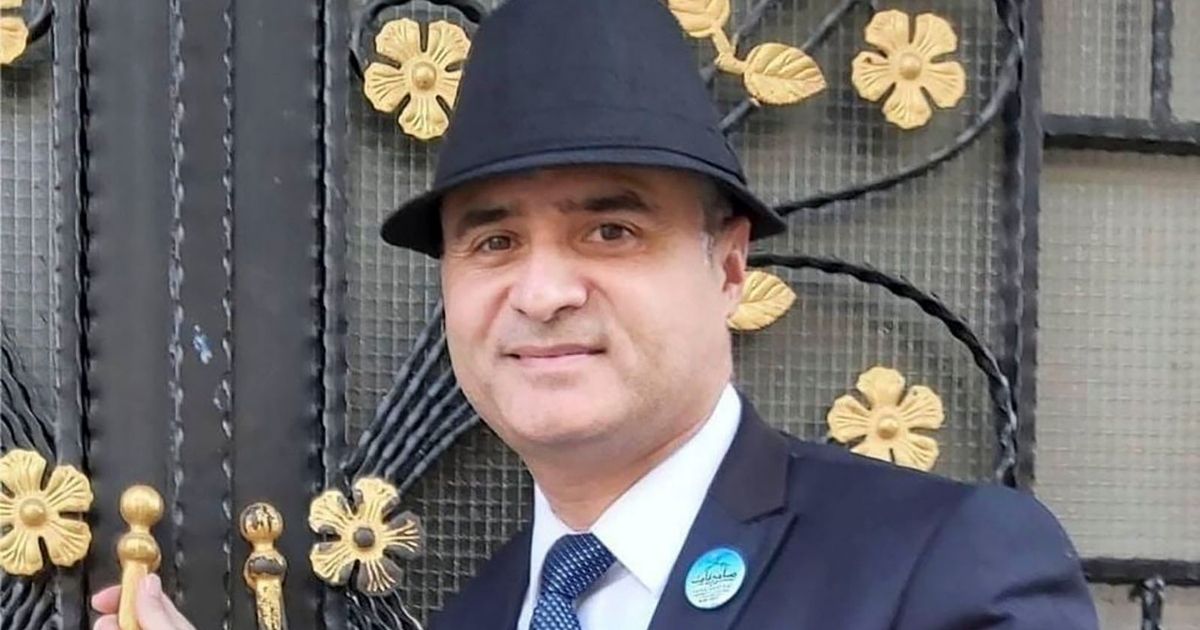
The students united and protested, calling for his arrest, which led the Lebanese Education Minister, Judge Abbas Halabi, to issue the order and get him arrested.
A similar attitude of dismissal of one’s crime as being irrelevant was noted in the case of Jaafar al-Attar back in May 2020, when a lawsuit was filed against him by 7 victims for alleged sexual harassment. 20 other victims stepped up to also complain against him on social media. One accused him of rape.
Al-Attar denied the accusations, describing his actions as simply “annoyance.”
Another case, which recently heated up, is that of Michel Jabre, an actor, theatre director, and writer, mostly known for his thorny plays about life and marriage.
A demonstration took place against him last month in Beirut, in front of the Monnot Theater that was hosting him.
Photos of him with the word “harasser” were hung in front of the theater and placed on parked cars, and people chanted slogans against him, calling him a harasser, and also against the entertainment venue for giving “space to harassers.”
Jabre has been accused of harassing about 48 girls in the past years and many complaints have been made at the end of 2019.
He was accused of sexual harassment by female students of the University of Saint Joseph and the Lebanese University.
Nearly 48 testimonies have been posted on social media and complaints have been made but no action has been taken against him by the authorities, not even to investigate.

In 2020, one student complained that when the electricity cut off he went groping parts of her body in class.
Both universities deny any recent link with Jabre, stating that they had dismissed him from their offices 3 years ago.
When sexual harassers and abusers feel entitled to do what they do and authorities are not acting swiftly to stop their serial crimes, how could female students protect themselves from educators harassing them, or women harassed by a superior or even a colleague in the workplace?
Dismissal from work, awareness campaigns, and even training on how to “deal” with it, and similar actions or efforts are not going to end this ongoing drama, and it certainly won’t by giving sexual harassers leeways on TV talks to play the victim.
This matter must be taken with utmost seriousness by the authorities. Sexual harassments are traumatic and their effects are long-lasting.
Lacking due protection by the authorities and the institutions, women in Lebanon have had to shatter the long-existing stigma and shame around that topic, and take to the streets and social media as their only avenue of defense.
That has been especially evident with the rise of the more assertive and more outspoken Gen ZERS and Millenials in Lebanon.
A Lebanese Instagram account was even launched to expose and document each and every sexual predator in the country.
However, all the above-mentioned efforts are still not enough as long as the authorities and the justice system don’t do their part: Quick arrests, immediate trials, and fast verdicts.
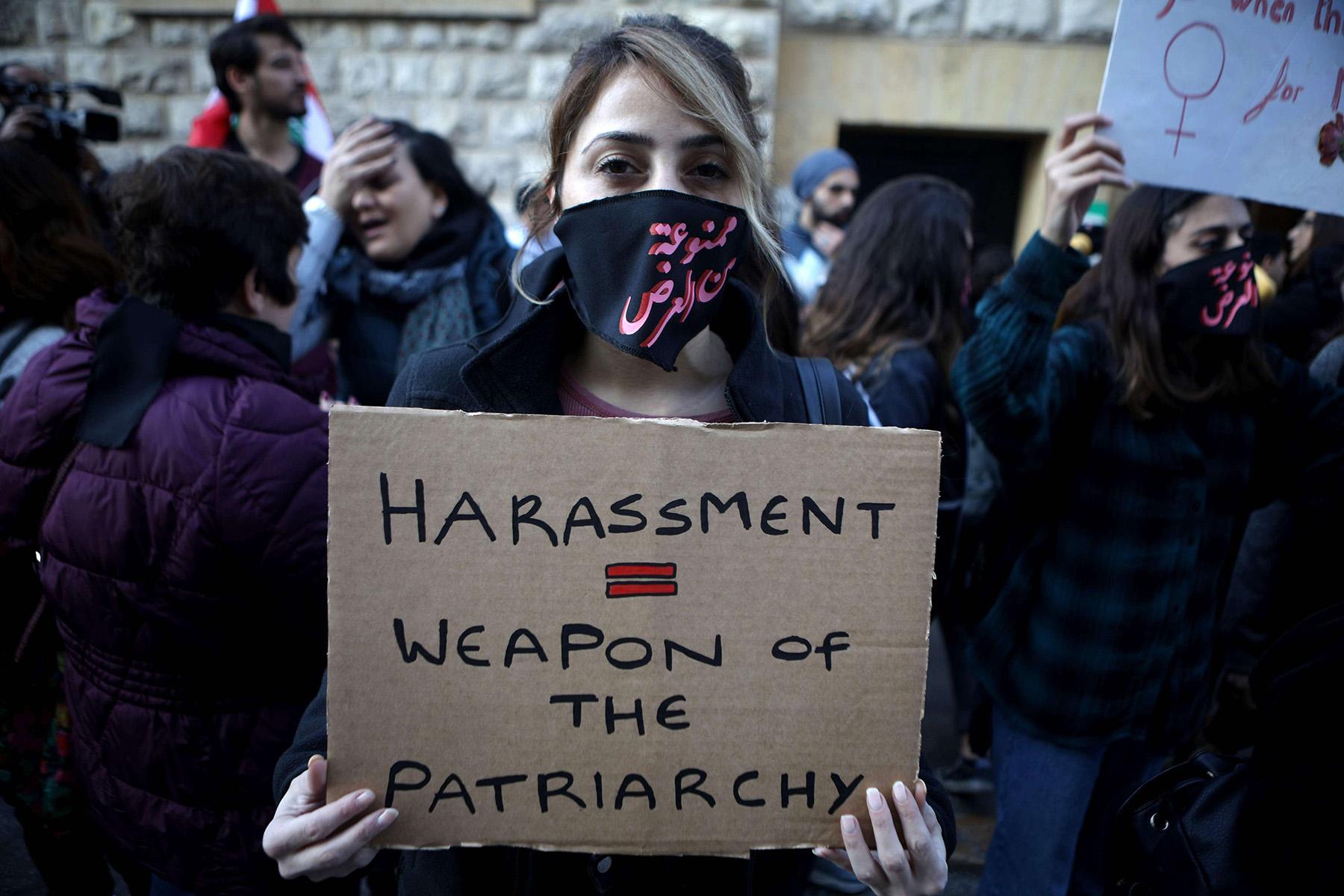
Lebanon did issue a law criminalizing sexual harassment in December 2020 but enforcing it with arrests is not happening in most cases, and some have evaded justice by political intervention.
These calls to the authorities for action are not a demand for gender equality, which usually falls under the endless controversies and resistance involving traditions, sectarianism, ideologies, and male patriarchy.
It is a demand for the minimum safety requirement the state owes to women; that’s 51.2% of the Lebanese population (Ref: CountryMeters).
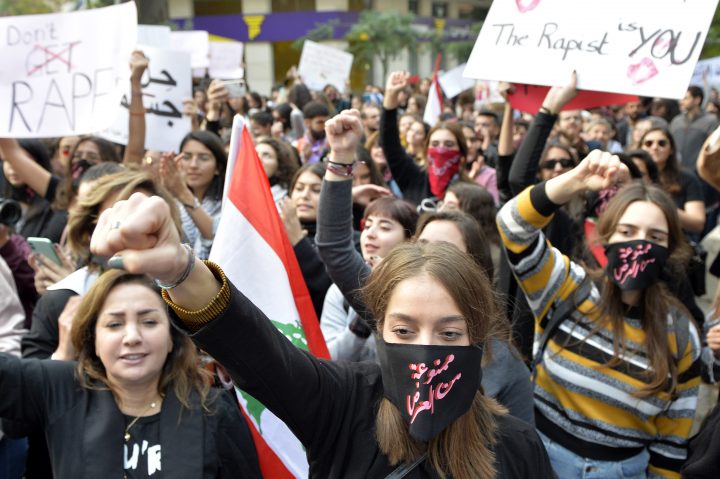
There must be a firm and swift enforcement of the law against sexual predators that could dis-enable them by fear of severe prosecution.
Workplaces and educational institutions must also join in to ensure the safety of their female staff and students by, at least, implementing strict rules in employment contracts.
They must also be obligated, if not morally then by law, to report any such incident or claim to the police and suspend the accused until further investigation.
Claims of sexual harassment and abuse must be taken very seriously and investigated without delay. Sexual harassers and abusers must be arrested, investigated, and trialed. If found guilty, they must be imprisoned away from society.
And that doesn’t, and can’t, end there.
Judges on these cases must also issue an order for the rehabilitation of these sexual predators by mental health professionals during prison time, which could later determine or not their eventual release into society.

It is important to understand that sexual predators do not act upon their pathological needs because of what a woman is wearing. That’s a myth created by excuses of the wrongdoers to blame the victims. That myth has long been debunked by professional studies.
If you are a victim of sexual abuse or harassment or domestic violence or know someone who is, there are local organizations that can help. Don’t hesitate to reach out to:
